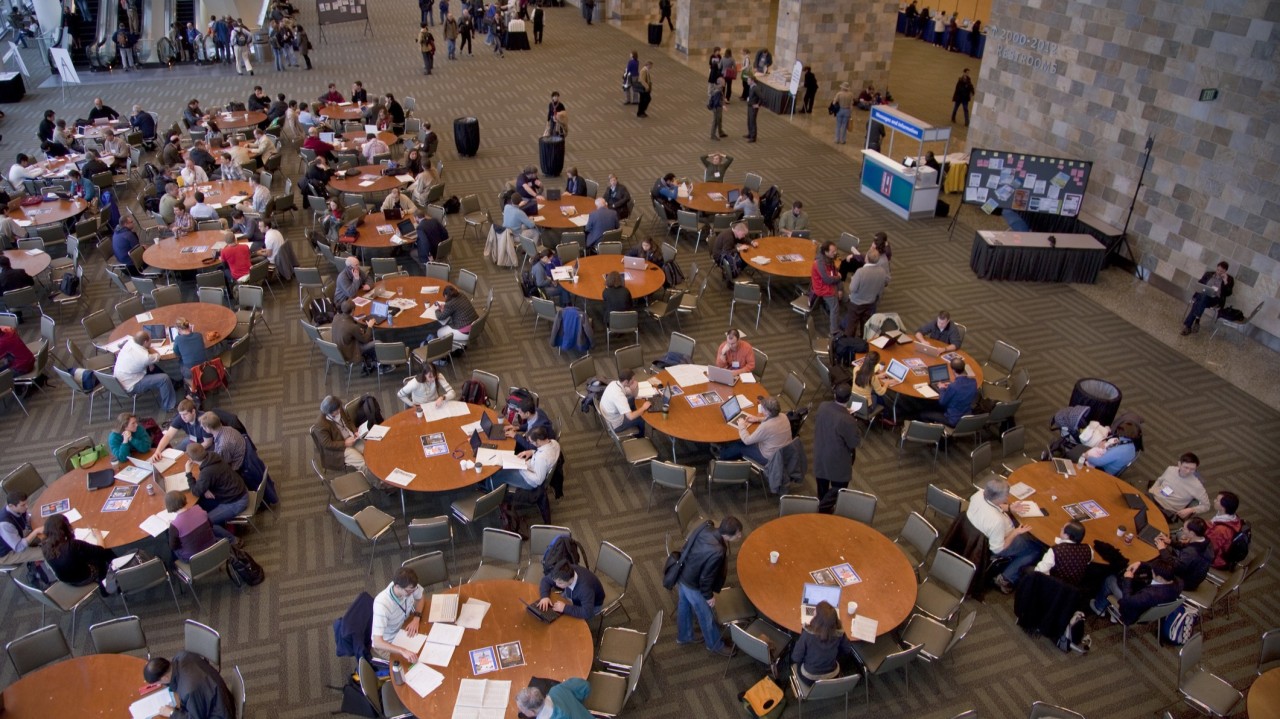Since we do a lot of training for public speaking, many of our clients find themselves in front of people on a stage. We got to thinking whether wishing them success by saying “break a leg” was an appropriate use of the term. That got us wondering where did that expression come from, and why is it used for performances, primarily among actors, musicians and dancers?
It certainly plays on the superstition that wishing someone well before going out on stage will somehow jinx them, so you hope for the opposite by wishing them bad luck. And while the exact origin is unclear, there are a number of theories for the story behind it:
- Actors and actresses who put on a great performance will bend their knee in a bow or curtsey while being applauded.
- In ancient Greece, the audience stomped their feet rather than clapping their hands. Presumably, if you stomp really hard, you might ‘break a leg’. Similarly, during the late Renaissance, people would bang their chairs on the floor, and again, could break a leg if done with too much vigor.
- When John Wilkes Booth shot Abraham Lincoln in Ford’s Theater, he jumped to the stage and broke his leg. The term then became synonymous with a memorable act occurring on stage.
- The curtains to the sides of a stage are called “legs”, thus coming back out on stage for a curtain call meant pushing them aside.
- Actors and actresses are often waiting for their “big break”.
- The term may have been picked up when, in 1942, The Hammond Times wrote: “Whatever the army or navy want, the Continental Roll [and Steel Foundry] will turn out … Or break a leg trying.”
Given all the uncertainty, maybe we should instead tell our clients “knock ‘em dead.”




